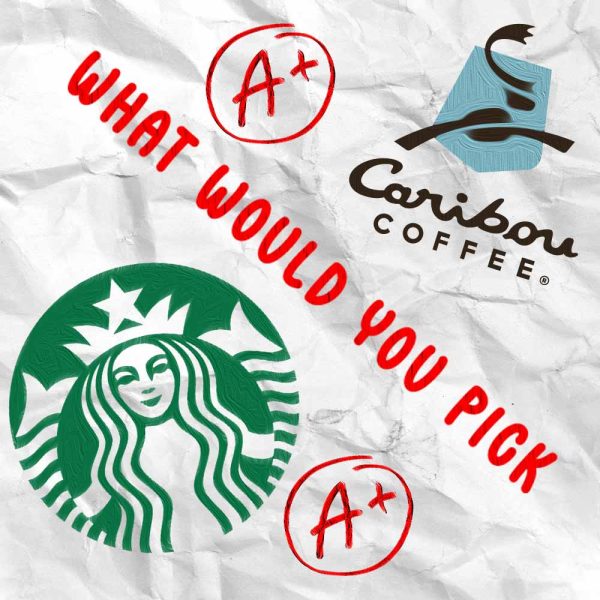MN Teen Challenge visits health classes
On Oct. 12, members of the Minnesota Teen Challenge came to speak with the health classes on their experiences using drugs and alcohol. The guest speakers Kyle Hussman, Kaitlyn Arneson, Nosizwe Nkosi, and Dorrance Roberts agreed to answer some additional questions for the Royal Page.
When did you realize it was time for you to enter treatment?
Kaitlyn Arneson: The first time I thought that I needed help was when I tried to stop using drugs. I thought I could stop anytime I wanted, and I couldn’t. That was when I realized I was addicted. [However,] I didn’t actually feel like I was ready for treatment until I first overdosed and [later] went to jail.
Kyle Husmann: My realization was similar. I just knew I needed hospitalization and treatment.
Nosizwe Nkosi: I was physically sick. I hated feeling sick, and I knew it was going to get worse. [The sickness] would last for a few days or more, and that was just terrible for me.
Dorrance Roberts: I knew I needed help, and I wasn’t exposed to what help actually was. I didn’t know what it looked like. I knew something was wrong, but I didn’t think I needed help or that I could get it.
What keeps you motivated to stay clean?
KA: My motivation is my two-year-old son and wanting to be present in his life. Also, looking back to the consequences I’ve experienced, I still have a criminal record, and I know I don’t need to add to that.
KH: [I stay clean] for my family. I like being able to compare how much better I am [now] than to myself when I was using. It makes me realize [being clean] is the most amazing feeling.
NN: I want my life to have meaning and purpose. When I was using, I couldn’t aspire for something bigger because I was only used to not feeling good. It was like a small, sad, lonely world, and I never want to feel like that again.
DR: The level of happiness I have [now] is such a drastic change from before, when I was using. Basic stuff like listening to music and dancing, smiling, and going outside and looking at the trees are such big things in my life that I didn’t focus on back when I was using.
Who were your supporters? How did they help you?
KH: My biggest support was my mom. She visited me in jail, and she was always there for me. [My mom] still is. I’m thankful for her.
DR: I was so comfortable where I was that I didn’t reach out to people, but when I came out [as an addict], I was able to talk to people in Teen Challenge. Talking to the people in Teen Challenge was when I found my first supportive group of people where I felt unconditional support.
What’s your advice to high schoolers?
NN: I struggled with being a perfectionist so much in my life, so my advice would be to be kind to yourself. Allow yourself to learn through your mistakes. If you do screw up, don’t make those [choices] the majority of your life. I made mistakes and basically labeled myself and beat myself up, which lead me down the wrong path, so don’t be mean to yourself.
KA: Think about the choices you make. I thought what I did really didn’t matter, and I wasn’t thinking about the consequences. Think about what your parents or teachers would think about you making a [bad] decision, then wonder if you would feel comfortable making that decision if they knew?
KH: Don’t be caught up in the social aspects of [high school]. Learn to be yourself, and you’ll be a lot happier along the way.
DR: Instead of focusing on things that you don’t like, find out what you love and focus on that. Finding out what you care about makes you responsible. Also, be as gentle as you can with other people. Swallow your pride. Be considerate. Just be good to people and yourself.


